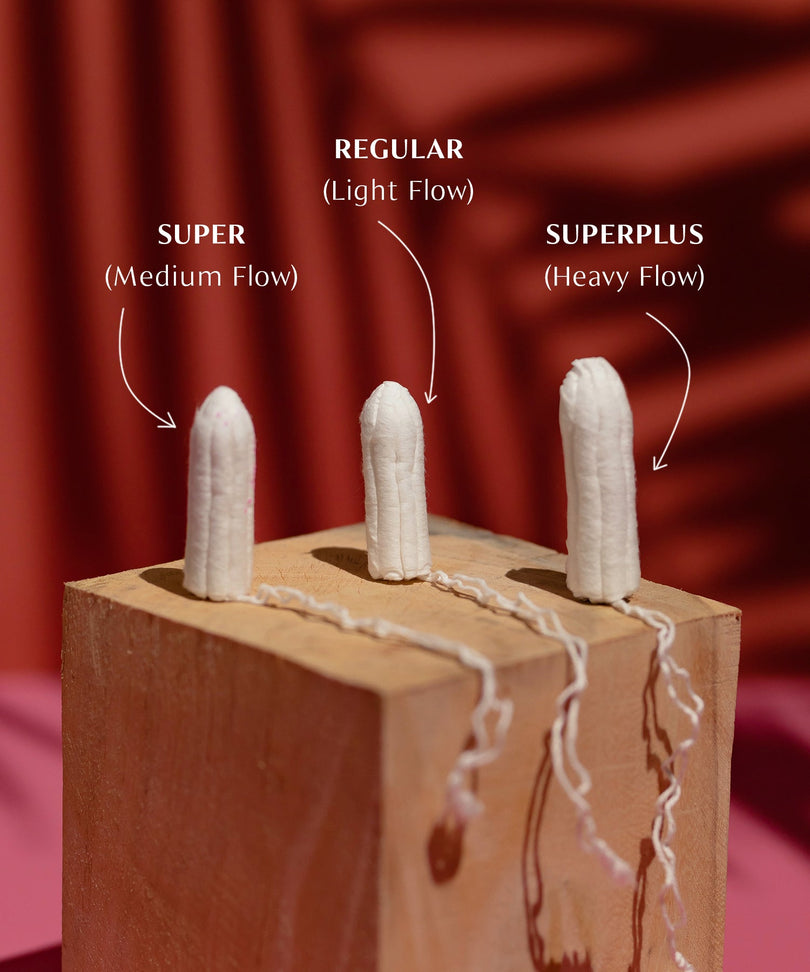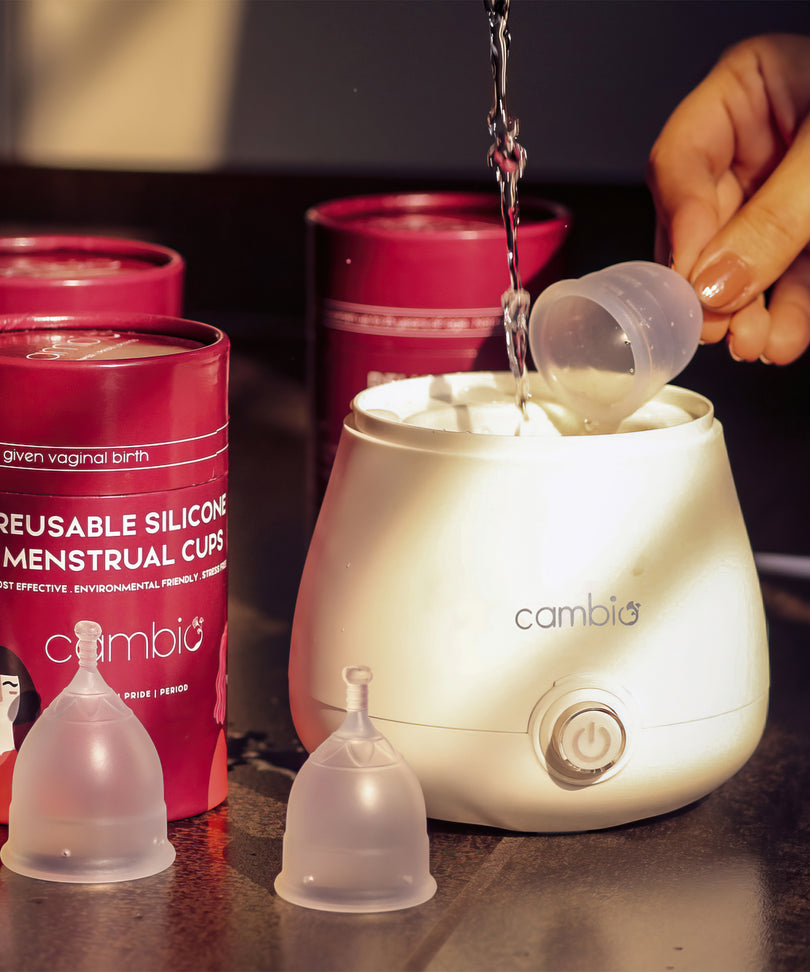How do trans women experience periods?
Trans women are women who were assigned male at birth. Their transition may include social aspects such as changing names, using she/her pronouns, and dressing up in a certain manner. Some trans women transition with the help of gender-affirming procedures which include hormonal treatments and therapy.
Since trans women lack a uterus and ovaries, they cannot experience menstruation or give birth. However, there is a substantial amount of anecdotal evidence from trans women indicating that they may experience hormone-related symptoms that are identical to PMS every 3-5 weeks. Some of these symptoms are:
- Cramps: These cramps can range from mild to severe and can be painful. Cramps mostly occur in the lower abdomen.
- Mood swings: Transgender women experiencing periods are susceptible to mood swings such as anxiety and irritability.
- Bloating: Bloating can be a common symptom experienced by trans women which can include sore breasts and discomfort and fullness in the stomach.
- Headaches: These can range from mild to severely painful headaches.
- Nausea and vomiting: These may also contribute to appetite changes during one’s period. It's important to stay hydrated and seek medical attention if the symptoms persist.
- Fatigue: One may be left feeling too exhausted to handle daily tasks
The experience of period-like symptoms may differ on an individual basis and it’s best to consult professional advice while navigating to improve these symptoms.
We reached out to a few trans women who have undergone hormonal therapy and sex reassignment procedures. These are what they had to say about experiencing period-like symptoms:
Niveda: “There have been a few times every 3-4 weeks when I actually felt physical cramping in my lower abdomen. I feel more moody and irritable during this time, and it was my partner who first pointed out my mood swings to me. I thought that because I didn’t have the body parts, I wouldn’t experience periods in any form but I guess the hormones are causing some effects.”
Meghna: “I get so confused when I experience the crampings because I wonder what even is cramping?! While I don’t have a uterus, I do have a cycle of sorts in which every month for a few days I’ll go through some weight gain and moodiness. It takes me a while to figure out what’s going on.”
Pari: “As a transwoman, it’s difficult to hope to have a child when you physically can’t. I have mixed feelings about my periods because while they help me connect to one of the physical sides of womanhood, they also remind me of what I inherently lack.”
How can Trans women track their period symptoms?
- Apps with Customization: Look for apps that allow you to personalize your tracking experience. Many period trackers now offer options beyond just bleeding, allowing you to log symptoms like mood swings, breast tenderness, and bloating.
- Customisable Categories: Some apps let you create custom categories for tracking symptoms specific to your experience, such as HRT dosage changes or dysphoria related to menstruation.
- Focus on Feelings: Track your emotional state, energy levels, and any physical changes you experience throughout your cycle. This can help you identify patterns and anticipate how your body might react during different phases.
- Notes Section: Utilize the notes section of your chosen app to record details like specific HRT medications or external factors that could influence your symptoms.
- Paper and Pencil: Not everyone feels comfortable with apps. A simple paper calendar or journal can be effective for logging symptoms and tracking patterns.
- Focus on Consistency: The key to effective tracking is consistency. Log your symptoms regularly, even on days when you don't experience anything major. Consistency allows you to identify long-term trends and potential connections between symptoms.
Also read - Can I masturbate on my period?
How can we support trans women during periods?
- Be mindful of language: Use language that is inclusive and affirming, such as "people who menstruate" or "people who have periods." Avoid gendered language, such as "women's issues" or "female hygiene products".
- Educate yourself: Educate yourself on trans experiences, gender diversity, and the issues faced by trans women. This knowledge will help you to better understand the experiences of trans women and to provide more nuanced and affirming support.
- Be sensitive to dysphoria: Trans women who experience dysphoria may feel uncomfortable or even dysphoric during their periods. It's important to be sensitive to their experiences and prioritize their emotional well-being. Be mindful of language and interactions that can exacerbate their dysphoria.
- Foster a supportive community: Support for trans women during periods can come in many forms, including social support from friends, family, and communities. Foster a supportive community that prioritizes empathy, understanding, and affirmation for trans women during their periods. This can help create a safe and welcoming environment for trans women during their periods.
Do trans women get discharge?
Yes. Trans women may experience genital discharge, influenced by factors like hormone therapy, surgical interventions, and individual anatomy. Hormone replacement therapy (HRT) can increase genital mucus production, while gender-affirming surgeries may alter the composition of discharge. The presence and characteristics of discharge vary based on factors such as the presence of a neovagina, hormone levels, and overall health.
Discharge after gender-affirming surgery may also be caused by infections like neovaginal candidiasis and bacterial dysbiosis, issues with wound healing and STDs. Alert your healthcare provider if you experience abnormal discharge after surgery.
More to read
Can I Do Yoga With a Menstrual Cup?









